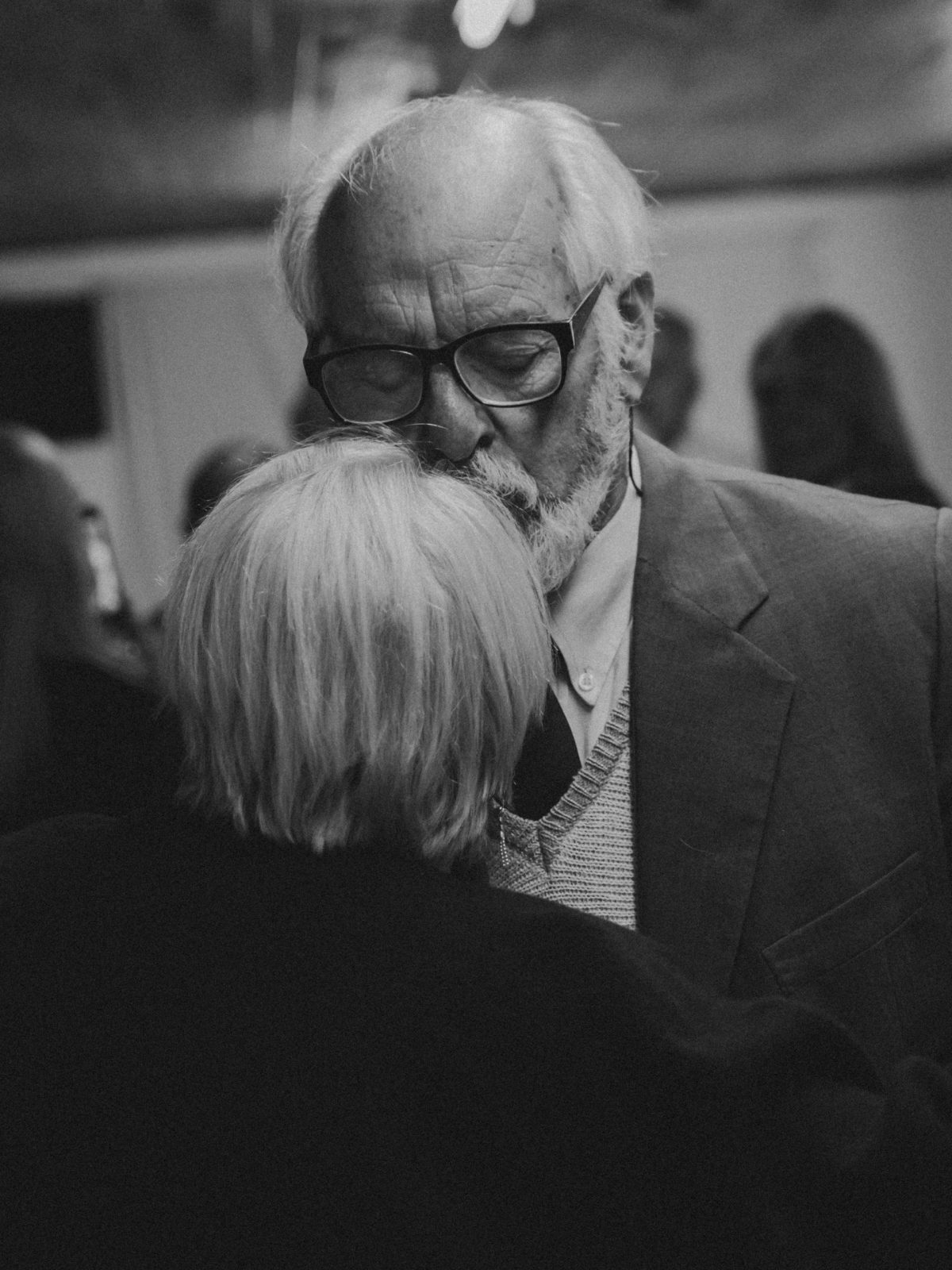In relationships, how we focus and communicate matters, for many autistic people, the concept of Monotropism offers a way to understand those differences. Instead of spreading focus across many things, attention can narrow deeply onto one thing, think of it as a spotlight: the subject (thing that has your attention) is brightly lit whilst everything else fades into the background.
If you or your partner identify as autistic, and are struggling to communicate, then a knowledge of Monotropism could be a key component of an improved relationship.
Skim-Read: Key Insights at a Glance
• Monotropism = single focus attention makes switching tasks difficult.
• Polytropism = multi-focused attention, makes it easier to multitask.
• Conflict risk easier to spread attention, switch, and multitask. What looks like ignoring or anger may actually be distress from being pulled out of focus.
• Mutual understanding works better than blame — both styles are valid.
• Tips: be curious, balance solo and shared time, plan for interruptions.
• Next steps try structured conversations (like Imago Dialogue) and practical strategies for meltdowns.
What Is Monotropism?
The concept of monotropism was introduced by Dinah Murray, Wenn Lawson, and Mike Lesser (2005). The concept describes how many autistic people process their environment.
Whilst many autistic people are monotropic processors, and the theory is viewed by some autists as offering an alternative, non-pathologising theory of autism, it is important to recognise that a small percentage of non-autistic people also share this trait. Perhaps this is not surprising, given that autism the multifaceted nature of autism, and how it is expressed in individual lives.
In simple terms:
The theory suggests that attention is a limited resource, which autists tend to direct towards a single item or agenda at a time, at the same time, other things fade out, creating ‘an attention tunnel’. Inside this tunnel, an autistic person could be described as being ‘ In Flow’, it is easy to lose track of time, and of external and internal signals, such as a partner’s voice, signals for hunger, thirst, or even the toilet. From inside an attention tunnel, switching tasks can feel impossible, and Interruptions may cause deep distress, possibly resulting in meltdowns or shutdowns.
In contrast, polytropic processors find it easier to spread their attention across multiple stimuli, and tend to be able switch tasks, and multitask with less strain.
Both styles are valid. But in relationships, unrecognised differences in processing styles can cause misunderstanding, and pain.
Monotropism and Communication
For polytropic partners, moving between topics or activities may feel natural. For a monotropic partner, the same transitions may feel overwhelming or even threatening. This is where conflict often arises. One partner may feel ignored, whilst the other feels pressured to engage, ripped out of their focus, and traumatised by unexpected interruptions. What looks like an angry outburst may in fact be a survival response. Both partners may end up feeling unsafe if not also resentful, at the apparent dismissal of their individual needs.
Damien Milton (2012) highlights that autistic people are often expected to understand neurotypical people, whilst missing the fact of mutual misunderstanding, as there the autistic person is also being misunderstood. For every couple, of mixed-neurotypes, or the same, mutual understanding supports a shift from blame, shame and criticism, making room for difference, acceptance, safety, and connection.
Example:
Amani is autistic and a monotropic processor. She can spend hours absorbed in history books, hardly noticing hunger or her partner Cole calling her. When Cole eventually tapped her shoulder, Amani often exploded, leaving Cole feeling rejected, unappreciated, and confused.
Learning about monotropism changed things. Amani’s focus wasn’t rejection, or an exit, and her “explosions” were often trauma responses to unexpected interruptions. With this shared understanding, they could address old wounds and build new ways of connecting that worked for both.
Tips for Working With Different Focus Styles
• Curiosity – It’s often easier to enter an attention tunnel than to pull someone out of it. If your partner is open, ask questions and join them. If not, save conversation for when they’re free, or use a structured space like an Imago Dialogue.
• Balance focus and shared time – Plan for both. This reduces pressure on autistic partners to constantly switch attention, and gives each of you space to enjoy your interests.
• Prepare for interruptions – Sometimes attention is needed mid-focus. Agree on the least disruptive way to do this. For autistic partners, knowing the impact of interruptions makes it easier to plan self-regulation strategies before, during, and after.
Final Thought
Relationships grow stronger when we value difference instead of fighting it. Monotropism gives a useful lens to do just that. Some couples also find that structured conversations, such as Imago Dialogue, provide a safe way to bridge different focus styles.
If you’d like support applying these ideas in your own relationship, I offer sessions designed for neurodivergent and mixed-neurotype, and neurotypical couples, so feel free to get in touch.
References
Murray, D., Lesser, M., & Lawson, W. (2005). Attention, monotropism and the diagnostic criteria for autism. Retrieved from Frontiers in Psychology.
Milton, D. (2012). On the ontological status of autism: The double empathy problem. Disability & Society, Improved Mutual Understanding”




